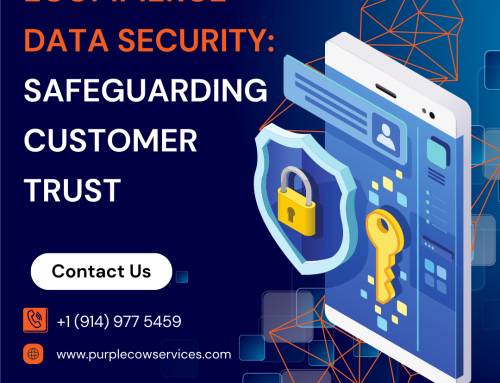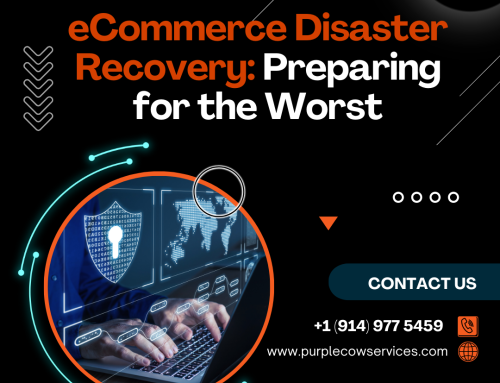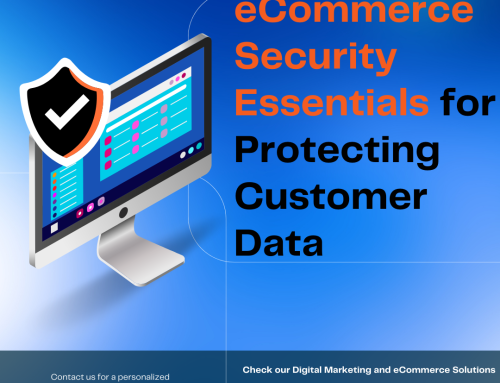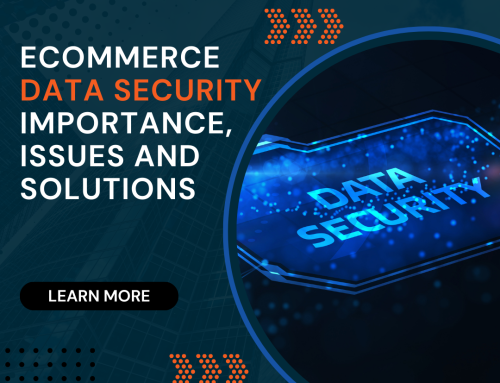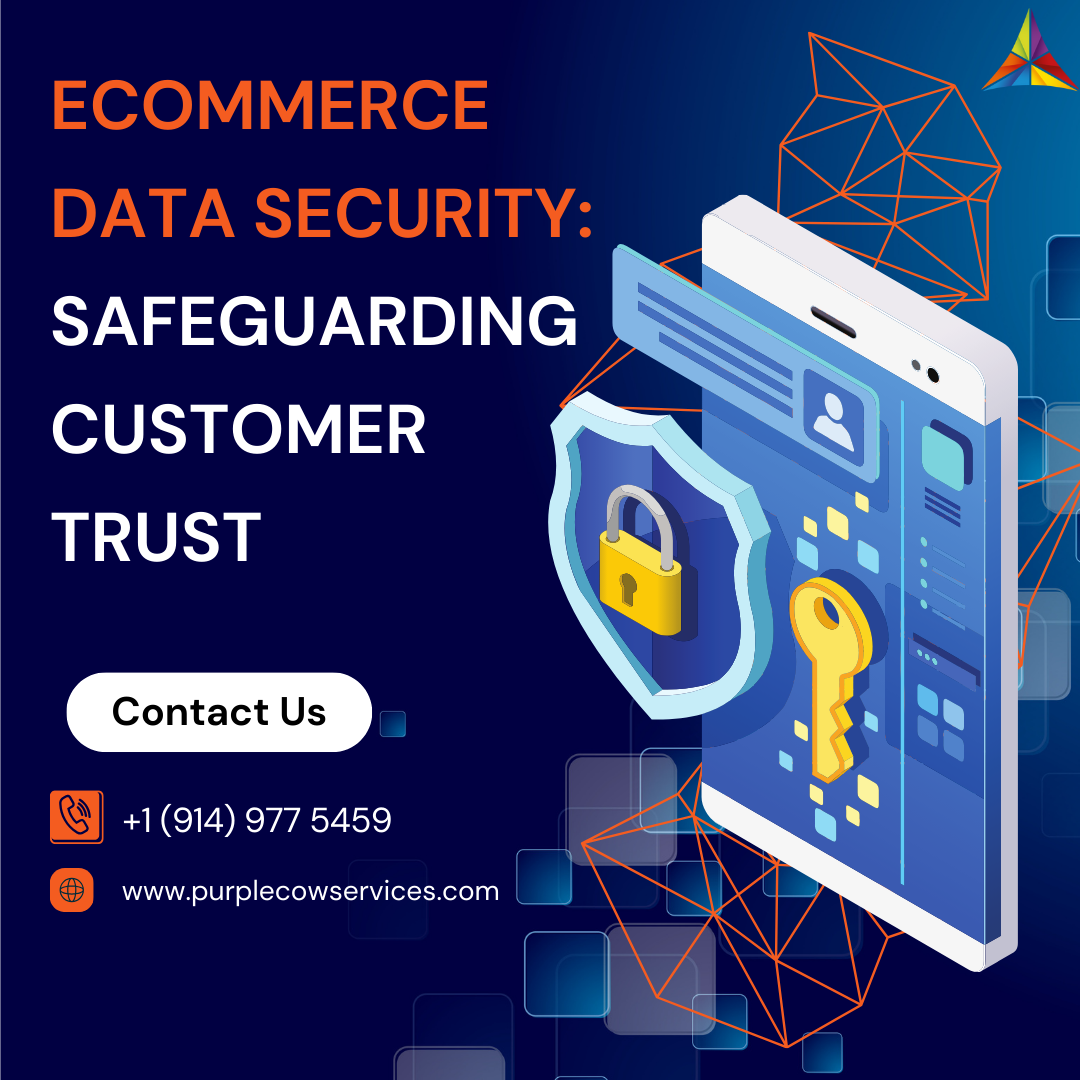As eCommerce continues to thrive, so do the risks associated with online shopping. As a store owner, ensuring that your customers feel safe and secure while shopping on your site should be a top priority. In this blog post, we'll discuss the 10 must-have security measures to implement on your eCommerce store to ensure that your customers' sensitive information remains protected.
Share This Story, Choose Your Platform!
Introduction:
Security is a major concern for eCommerce stores, and for good reason. With cybercrime on the rise, store owners need to take steps to ensure that their customers’ sensitive information is safe and secure. In this blog post, we’ll discuss the top 10 security measures that eCommerce store owners should implement to keep their customers’ information safe.
SSL Certificate:
A Secure Sockets Layer (SSL) certificate is a crucial component of any eCommerce store. An SSL certificate encrypts all data that passes between the customer’s browser and the store’s server, ensuring that sensitive information such as credit card numbers, login credentials, and personal information is kept safe. An SSL certificate also adds an extra layer of trust for customers, as they can see the padlock icon in their browser indicating that the site is secure.
Two-Factor Authentication:
Before gaining access to their account, users are required to provide two forms of identification, which is known as two-factor authentication (2FA), an additional security layer. This can be something they know, such as a password, and something they have, such as a mobile device. 2FA significantly reduces the risk of unauthorized access to customer accounts and ensures that even if a password is compromised, the account remains secure.
Firewall Protection:
Firewall protection is a security measure that prevents unauthorized access to a network. A firewall creates a barrier between the store’s network and the internet, filtering traffic and preventing malicious traffic from entering the network. Firewalls can be implemented at various levels, such as hardware, software, or cloud-based, to ensure that the store’s network is protected from any potential threats.
Regular Software Updates:
One of the most effective ways to protect against security threats is to keep all software up to date. This includes the eCommerce platform, plugins, and any other software used on the site. Regular updates ensure that any known vulnerabilities are patched and that the store is protected against the latest threats.
Password Policies:
Weak passwords are a common way for hackers to gain access to customer accounts. To prevent this, stores should implement strong password policies that require customers to create passwords that are at least 8 characters long, contain a mix of upper and lowercase letters, numbers, and symbols. Stores can also enforce password expiration policies to ensure that customers update their passwords regularly.
Anti-Malware and Anti-Virus Software:
Anti-malware and anti-virus software are essential components of any security strategy. These programs protect against malware and viruses that can compromise the store’s security. Stores should ensure that all devices used to access the store’s network have up-to-date anti-malware and anti-virus software installed.
Regular Backups:
Regular backups are a crucial component of any disaster recovery plan. In the event of a security breach, a backup can ensure that the store can quickly restore its data and get back online. Stores should perform regular backups and store them in a secure location.
PCI Compliance:
Payment Card Industry (PCI) compliance is a set of security standards that eCommerce stores must follow to protect customer payment information. Failure to comply with PCI standards can result in fines and reputational damage. Stores should ensure that they are PCI compliant and regularly review their compliance status.
User Access Control:
User access control ensures that only authorized users have access to sensitive data. This includes limiting employee access to certain areas of the store and ensuring that all users have unique login credentials. Stores should also implement role-based access control. This will allow to assign different levels of access based on the user’s role within the organization.
Security Audits:
Regular security audits are crucial for ensuring that the store’s security measures are up to par. Security audits can identify potential vulnerabilities in the store’s security infrastructure and provide recommendations for improvement. Stores should conduct regular security audits to ensure that their security measures are effective and up to date.
Conclusion:
Ensuring the security of an eCommerce store is essential for its success. Implementing the 10 must-have security measures discussed in this blog post can go a long way in protecting customer information and maintaining their trust. By taking a proactive approach to security, store owners can protect their customers and their business from potential security threats. It’s never too late to improve your eCommerce store’s security, so start implementing these measures today.
Looking to keep your eCommerce store secure? Purple Cow provides foolproof security for your eCommerce store! Our comprehensive eCommerce store monitoring and security measures ensure that your customers’ sensitive information stays safe and protected. From SSL certificates to regular backups and PCI compliance, we cover all the must-have security measures. Trust Purple Cow to keep your eCommerce store secure and give your customers the peace of mind they deserve.
Share This Story, Choose Your Platform!
In This Blog:



